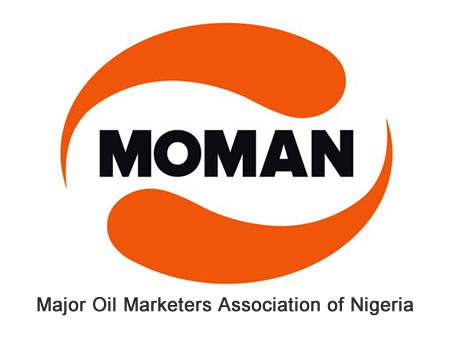Major Oil Marketers Association of Nigeria (MOMAN) has warned its members against fuel adulteration and illegal refining.
Speaking with journalists in Lagos, the Executive Secretary, MOMAN, Mr Clement Isong, said the association will in no way condone fuel theft, fuel adulteration or illegal refining of petroleum products by unlicensed entities.
He said MOMAN membership, working with its business partners, will do all in its power to support the Federal Government and NNPC to eliminate these malpractices.
“This will include, working with our transporters and dealers to strengthen processes and ensure that no illegal or adulterated products find its way into our system. MOMAN is fully supportive of the Federal Government’s drive for the full exploitation of the country’s gas reserves including deepening the use of Liquefied Petroleum Gas (LPG) otherwise called cooking gas and Compressed Natural Gas (CNG).
“To develop CNG as a cleaner and more affordable alternative to Premium Motor Spirit (PMS), otherwise called petrol, is a key objective of this policy.
“This move towards CNG will reduce the over-reliance by the Nigerian populace on Premium Motor Spirit (PMS).
“Towards this purpose, MOMAN is prepared to invest in the safe installation of LPG (and when the time is right, CNG) facilities in its stations across the Country.
“This will eliminate the unsafe practice of dispensing LPG through unlicensed roadside vendors. With respect to CNG, MOMAN encourages immediate engagements with the private sector to identify policy measures that will make deployment of CNG at retail outlets a reality for the Country in the shortest possible time.
“MOMAN will collaborate with Government and other stakeholders in implementing any such initiative,” he said.
“Several initiatives such as Truck Drivers training, Safe-to-load (STL) and training of Federal Road Safety Corps (FRSC) officers and their deployment to depots have been put in place by the Office of the Secretary to the Federation (OSGF) and stakeholders since the Otedola bridge incident to reduce truck accidents in collaboration with the Federal Road Safety Corps (FRSC).”
He said a major challenge has been the age of the truck fleet, averaging 30 years old.
“The result is the absence of modern safety features such as anti-skid, anti-spill, anti-rollover, onboard cameras, in trucks. MOMAN in partnership with NNPC and NARTO is developing an initiative to engage the Finance industry on funding a truck fleet renewal scheme for the country.
“By resolving this key element of the government’s response plan, MOMAN believes that this program would contribute significantly to the reduction of loss of lives and property, engendered by the distribution of petroleum products.
“Ultimately, the degradation and deterioration of the truck fleet as well as the inability of the downstream oil industry to upgrade its equipment and facilities, presents a risk to the distribution infrastructure. Refineries, depots, pipelines, trucks and filling stations are all in need of regular maintenance and upgrades. These maintenance and upgrade are funded by industry margins. The regulated structure of the Nigerian downstream petroleum industry has not historically allowed for these adequate maintenance and upgrades,” he said.
Furthermore, he said MOMAN believes that an immediate increase in margins is necessary to halt the further degeneration of the petroleum distribution infrastructure; the restructuring or reform of the downstream oil industry is necessary.
“The elimination of oil theft and leakages in the system, the optimisation of the supply chain, the introduction of alternative energies and the regular and consistent maintenance of the distribution infrastructure are all necessary aspects of this downstream reform, which the passage of the Petroleum Industry Bill will provide an opportunity for the Country to resolve once and for all,” he said.






